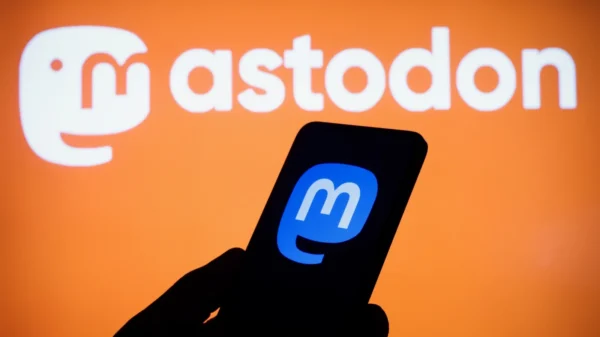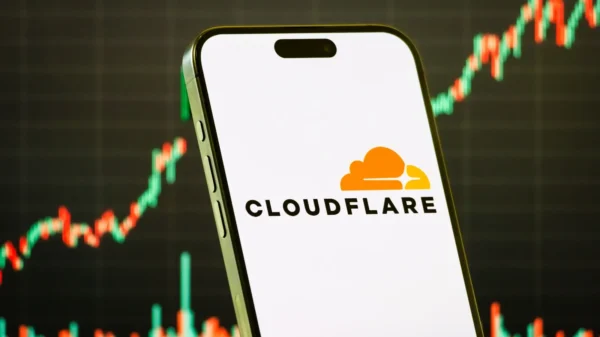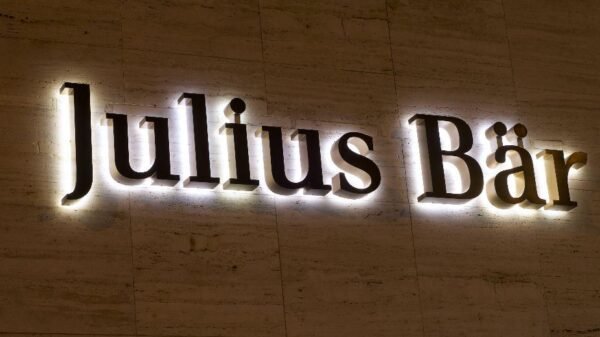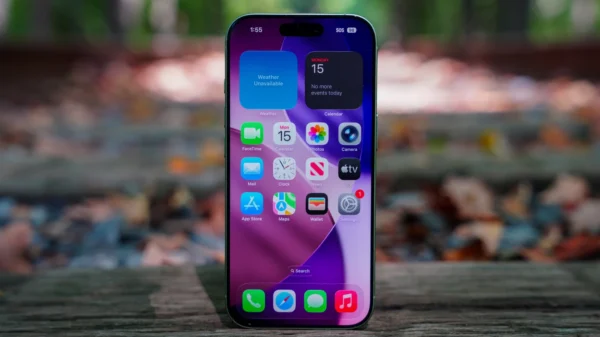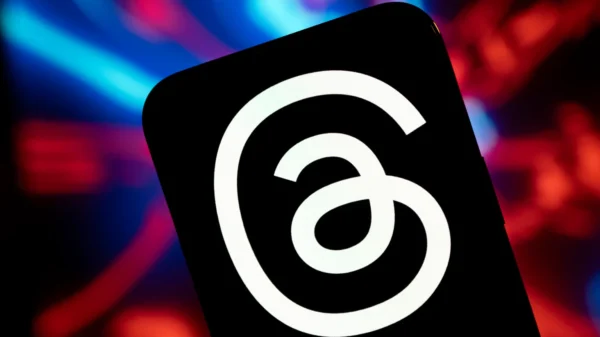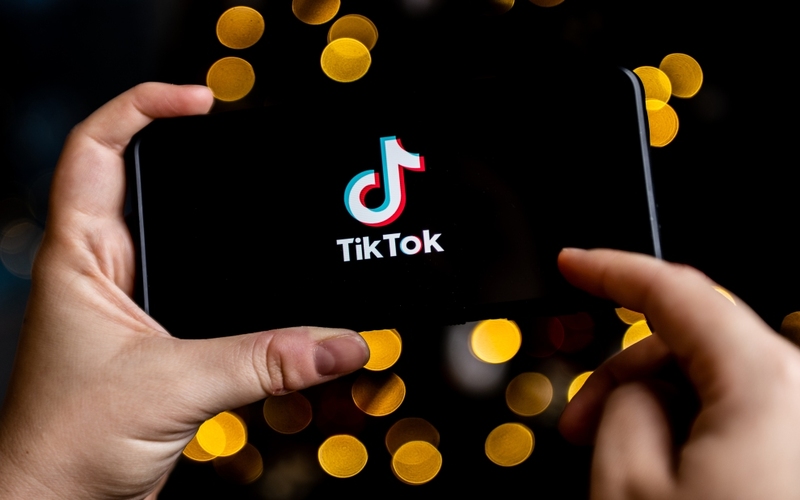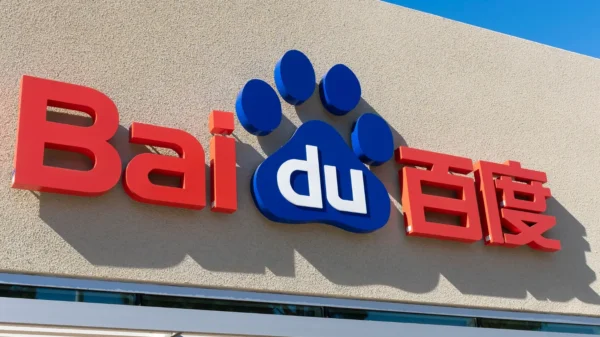TikTok has acquired a facility in Norway that the data center firm Green Mountain constructed. This facility will become the largest in Europe for the social media company since it intends to store data generated locally in the region.
Issues have been raised over the possibility that the Chinese government may gain access to the data of European people who use TikTok. Bytedance, a company based in China, owns the company, and it plans to address these problems.
As a result of these worries, TikTok has been removed from the phones of employees in some nations, including the European Parliament, the European Commission, and others.
We have an understanding of the skepticism. “And that is precisely why we are not just doing the step of putting the data in Europe, building that digital barrier around it,” Theo Bertram, the Vice President of Government Relations and Public Policy at TikTok, said in an interview with Reuters.
“We are taking the extra step of saying we know you’re skeptical about us, and so we know we have to earn that trust.”
In March, TikTok initiated a data security program known as Project Clover, intending to construct data centers and store user data from European countries locally.
It is planned that the Norwegian data center will be located in the town of Hamar. TikTok will store data in three different buildings, and the project’s first phase is scheduled to begin operations in the summer of 2019.
The Norwegian data center will generate recyclable heat and run entirely on renewable energy sources. According to TikTok, a third-party supplier is now in discussions with various research institutes and sectors to identify prospective projects that might benefit from increasing the amount of reused heat.
TikTok announced it intends to invest 12 billion euros in Project Clover over the next ten years. A previous announcement stated that it intended to spend 1.2 billion euros a year.
This will cover the cost of constructing three data centers, deploying technology that enhances privacy, and employing the British cybersecurity firm NCC (NCCG.L) to audit its data controls and offer independent verification.
“One of the things in the contract with NCC is that they can go and talk to data protection authorities and national cyber security organizations without us being involved,” according to Bertram.



